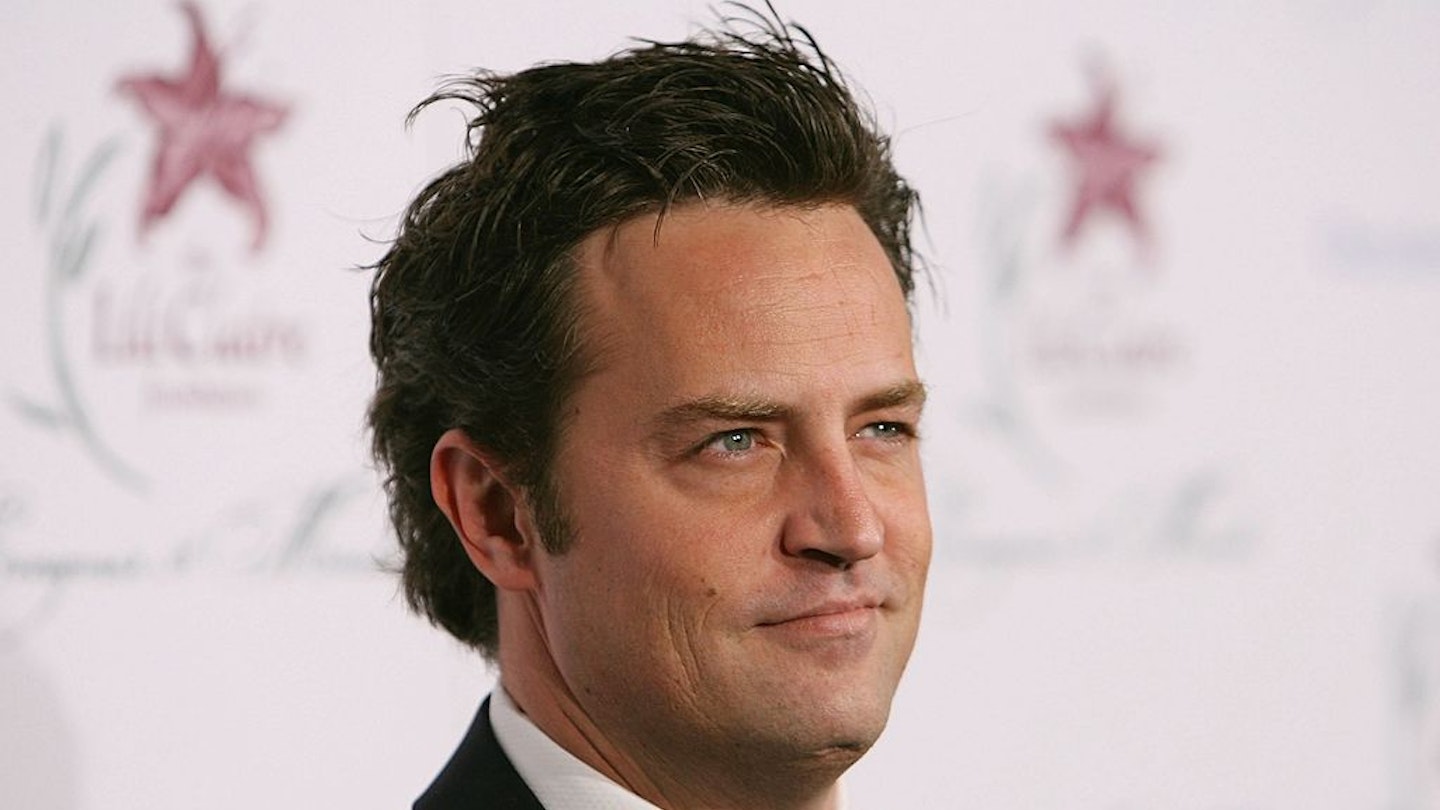Tributes have been pouring in for Matthew Perry following the actors death aged 54. The US actor was found dead at his home in Los Angeles last weekend, with his family issuing a statement to People magazine saying ‘We are heartbroken by the tragic loss of our beloved son and brother. Matthew brought so much joy to the world, both as an actor and a friend.’
In the wake of Perry’s death, social media has been awash with commentary about his life and career. Much of fondly remembers his portrayal of Chandler Bing in Friends, the role that brought him global fame. But as Perry said himself, he always wanted to be remembered for more than one single role.
In an interview with Tom Power in 2022, Perry explained that he wished to be remembered for his efforts helping people who were also struggling with addiction. ‘I'd like to be remembered as someone who lived well, loved well, was a seeker,’ he said. ‘And his paramount thing is that he wants to help people. That's what I want.’
Perry spoke candidly about his own addiction to alcohol and drugs, which began in 1997, most notably in his memoir Friends, Lovers, and the Big Terrible Thing. He had been to rehab several times and most recently declared that he had been drug and alcohol free for 18 months in May 2021, when the Friends reunion aired.
Over the course of his career, he was an advocate for those struggling with addiction. In July 2011, he lobbied the US Congress as a celebrity spokesperson for the National Association of Drug Court Professionals in support of funding for court programmes that take a public health approach to crimes committed by non‐violent offenders with substance use problems (to use supervised treatment programmes instead of incarceration). In further efforts to help support those with addiction issues, he also turned his own Malibu mansion into a rehab centre and received a Champion of Recovery award in May 2013 from the White House Office of National Drug Control Policy.
In one BBC Newsnight interview from 2013 that is now resurfacing following Perry’s death, the actor attempts to educate Peter Hitchens on what causes addiction and how to help people with it.
Knowing all that he has done to change the way people perceive addiction, it is troublingthat some of the obituaries dedicated to the late actor have used such inappropriate language to describe his life. One obituary headline read ‘How Matthew Perry became the friend that never quite seemed to get it together’ while another chose to lead the dedication to his life with ‘Matthew Perry obituary: Friends brought fame but couldn't quell personal demons.’
Now, backlash is mounting around the uncomfortable ways some are framing the actors death. ‘Matthew Perry spent the rest of his life helping others through their addiction, I’d say that’s “getting it together” in the most selfless and courageous way,’ one person responded.
‘”Troubled star” is reductive shorthand,’ author Elizabeth Day wrote on Twitter. ‘Matthew Perry was so much more than “troubled” - he was open about his struggles and used his experiences to help others. He was also much more than a “star” and turned his former home into a sober living facility.’
The language we use around addiction is important, particularly in the wake of a person’s death. To whittle Perry’s long-list of achievements, be them efforts to support others or his many acting accolades, down to a man who couldn’t quell ‘personal demons’ is victim-blaming language that reduces how full his life was and how much he brought to the world.
Perry spent his life trying to educate people that addiction is a public health issue, not a ‘demon’ one can control with enough will. The shock of his death should be making us more eager than ever to understand, and act on, his personal experiences and warnings about addiction. He quite clearly told us what he wanted to be remembered for, and this is not it.
